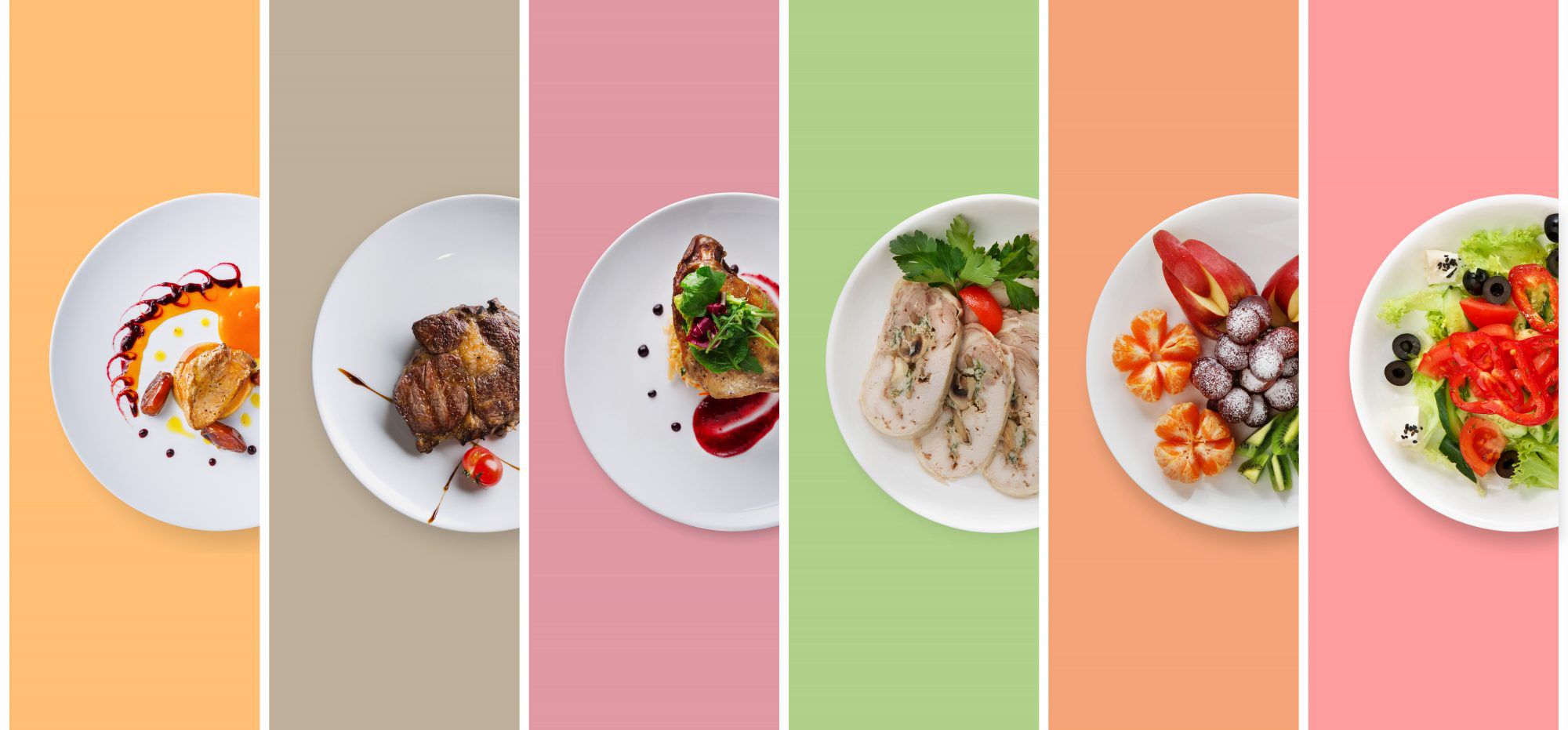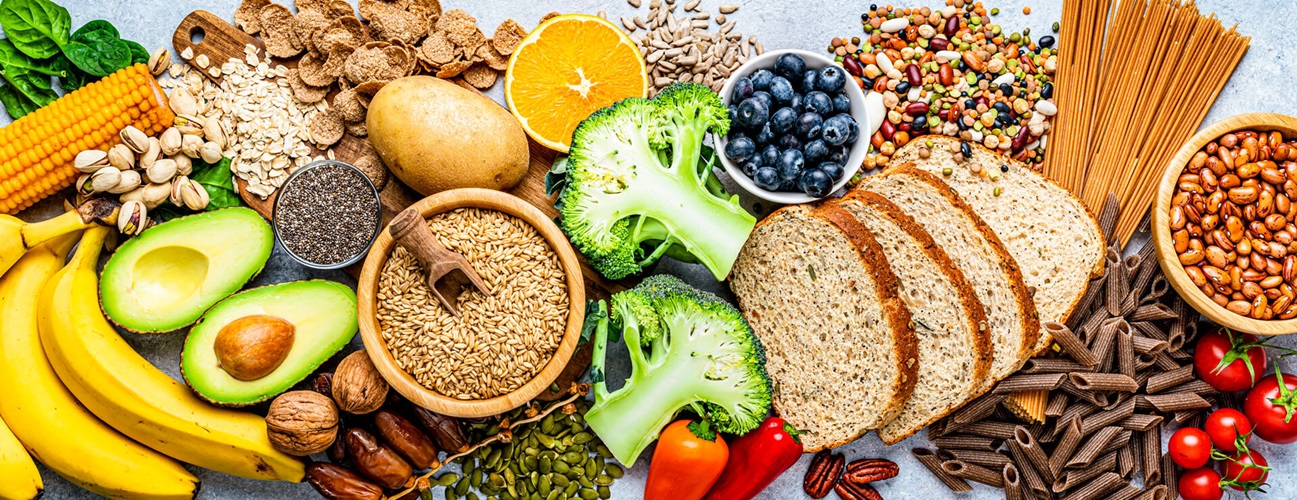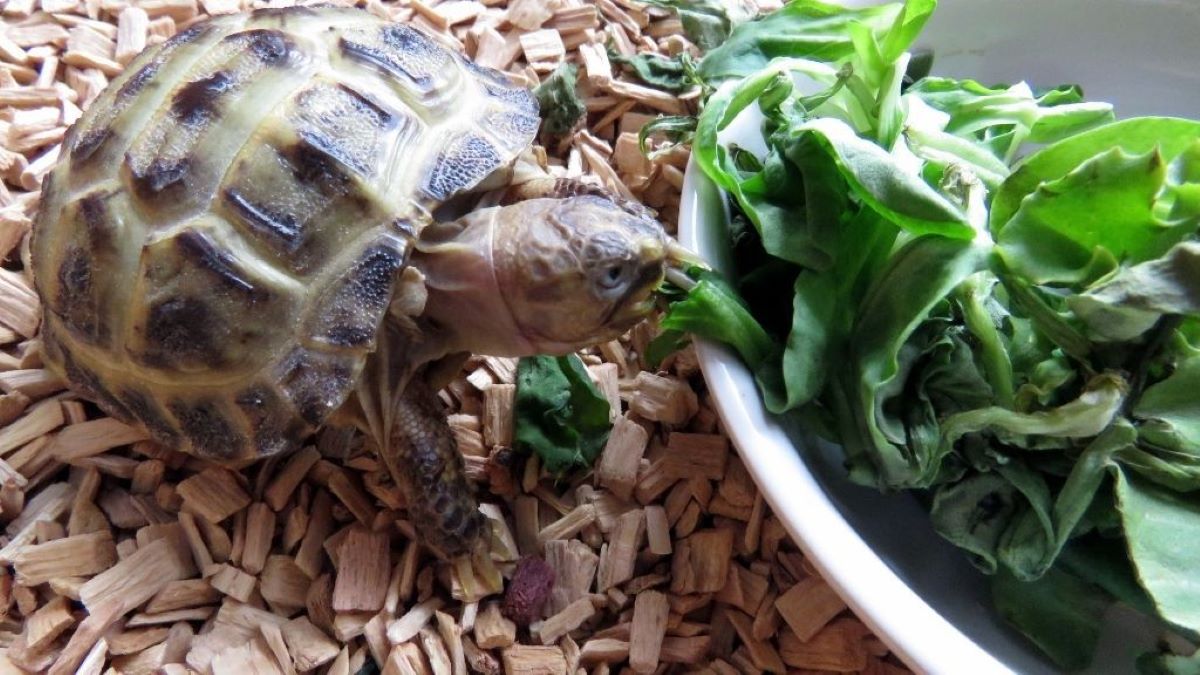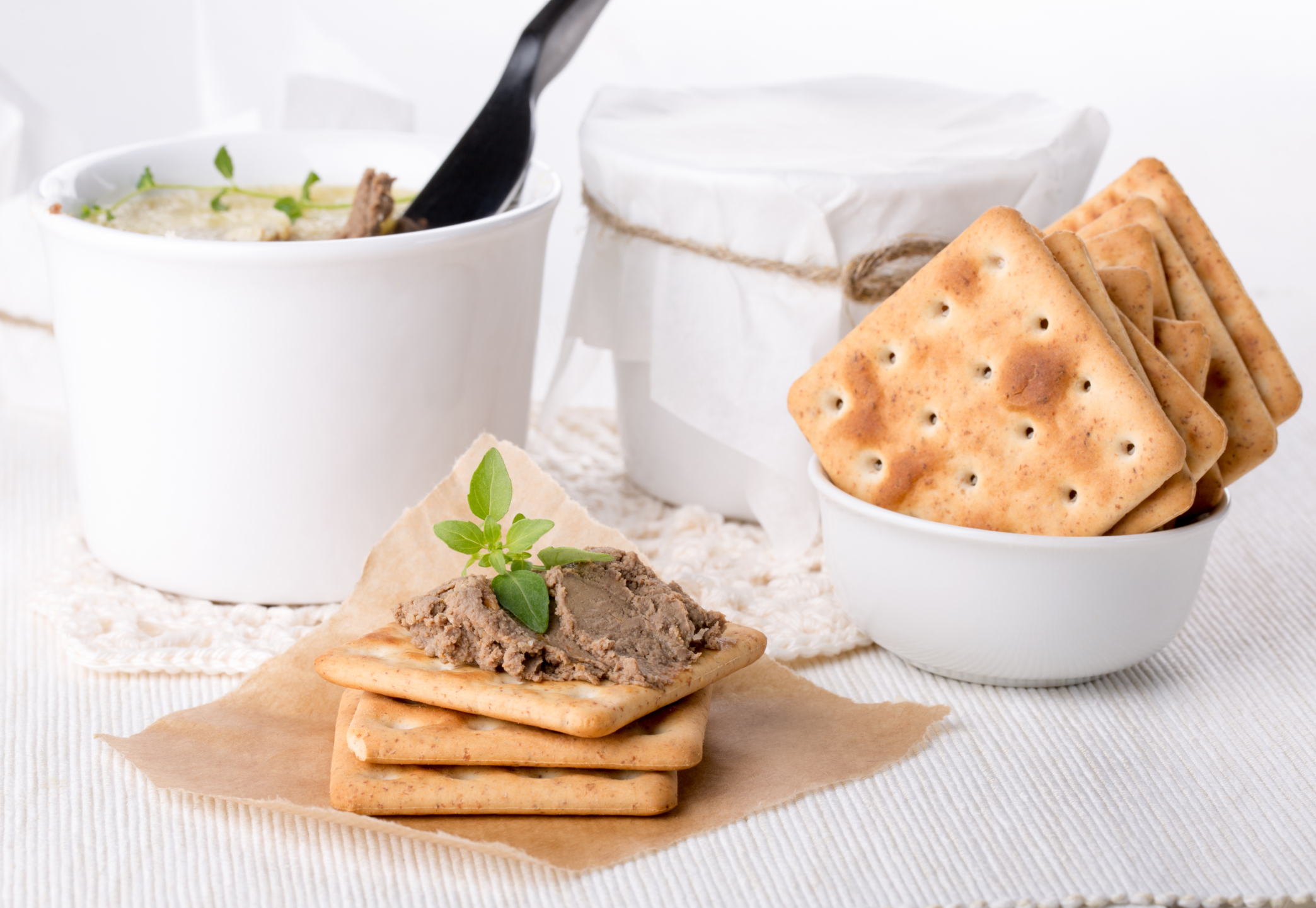Home>Gardening News and Trends>Latest News>What Vegetables Can Chickens Eat
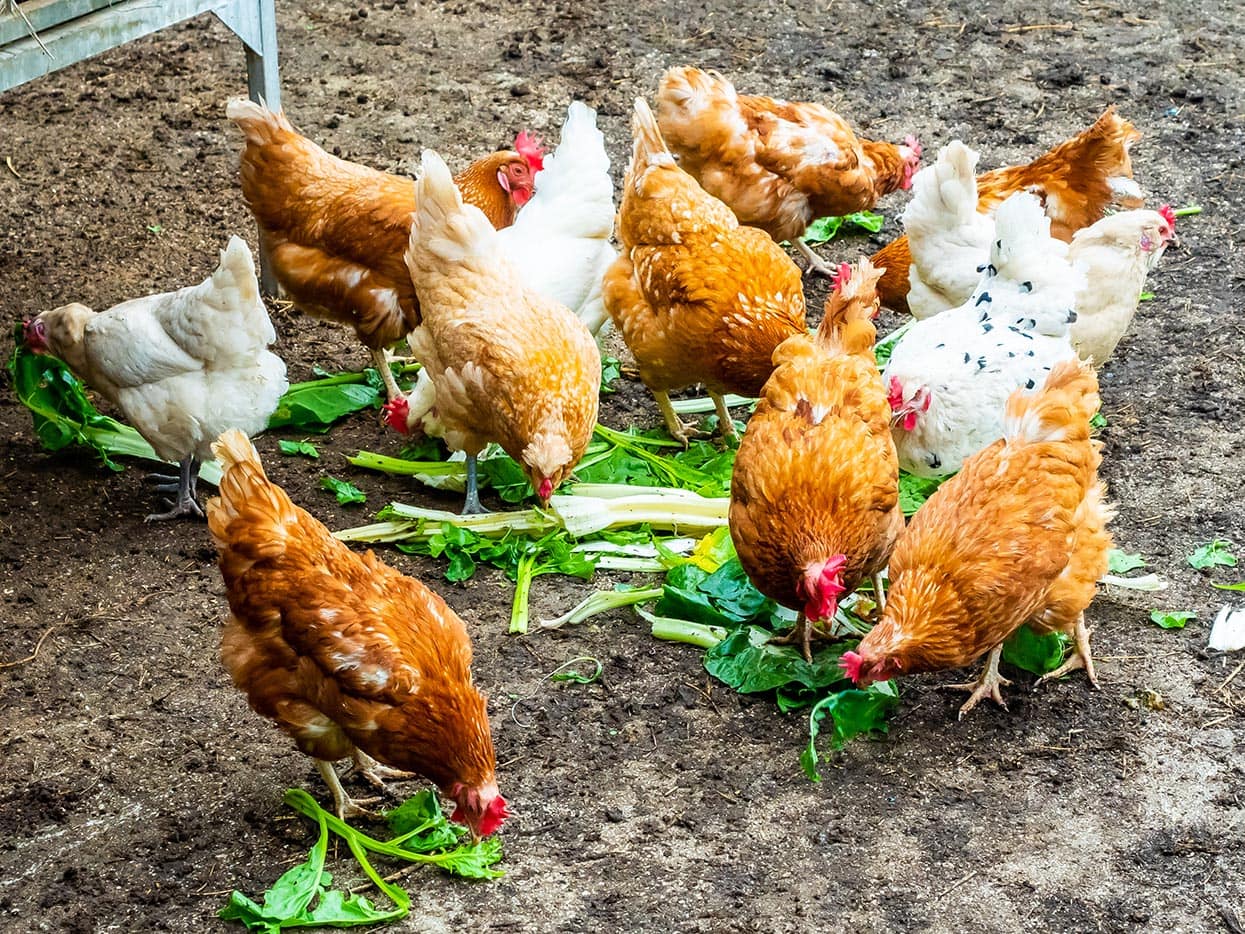

Latest News
What Vegetables Can Chickens Eat
Modified: January 22, 2024
Discover the latest news on what vegetables chickens can eat. Find out which healthy and nutritious greens can be included in their diet for optimal health and well-being.
(Many of the links in this article redirect to a specific reviewed product. Your purchase of these products through affiliate links helps to generate commission for Chicagolandgardening.com, at no extra cost. Learn more)
Table of Contents
Introduction
Chickens are wonderful creatures that provide us with eggs, meat, and companionship. They are omnivorous by nature, which means they can eat a variety of foods including grains, seeds, insects, and even vegetables. In fact, feeding vegetables to chickens can have numerous benefits, both for their health and overall well-being.
When chickens consume vegetables, they receive a nutritional boost that can enhance the quality of their eggs and meat. Additionally, vegetables can provide essential vitamins, minerals, and antioxidants that promote a strong immune system and improve their overall vitality.
There is a wide range of vegetables that are safe for chickens to eat, including leafy greens, cruciferous vegetables, root vegetables, and even some fruits. However, it is important to note that not all vegetables are suitable for chickens, as some can be toxic or harmful to their health.
In this article, we will explore the benefits of feeding vegetables to chickens, discuss the vegetables that are safe for them to consume, highlight the vegetables to avoid, and provide guidelines on how to properly feed vegetables to chickens. By the end, you will have a comprehensive understanding of which vegetables are suitable for your feathered friends.
Benefits of Feeding Vegetables to Chickens
Feeding vegetables to chickens can offer a plethora of benefits for their health and well-being. Here are some key advantages of incorporating vegetables into their diet:
- Nutritional Boost: Vegetables are rich in essential vitamins and minerals that are important for the overall health of chickens. They provide vital nutrients, including vitamin A, vitamin C, vitamin K, and folate, which support immune function, eye health, bone development, and reproductive health.
- Improved Egg Quality: When chickens consume vegetables, the nutrients they absorb are passed on to the eggs they lay. This can result in eggs with richer yolk color, increased omega-3 fatty acids, and enhanced nutritional content. Chickens fed a diet rich in vegetables produce eggs that are not only nutritious but also visually appealing.
- Enhanced Meat Flavor: If you raise chickens for meat consumption, feeding them vegetables can contribute to the flavor and quality of the meat. The natural pigments and antioxidants found in vegetables can enhance the taste and tenderness of the meat, resulting in a more enjoyable dining experience.
- Weight Management: Incorporating vegetables into a chicken’s diet can help maintain a healthy weight. Vegetables are low in calories and high in fiber, which can promote satiety and prevent chickens from overeating. This is particularly important if you have chickens that are prone to obesity or if you want to manage their weight for optimal health.
- Environmental Sustainability: Feeding chickens vegetables is an eco-friendly practice. It reduces the carbon footprint associated with commercial feed production and contributes to sustainable agriculture. By minimizing the dependence on processed feed and utilizing natural resources, you are supporting a more environmentally conscious approach to chicken husbandry.
- Stress Reduction: Chickens, like humans, can experience stress. Providing them with a diverse diet that includes vegetables can help alleviate stress and promote a sense of well-being. The variety of flavors, textures, and nutrients found in vegetables can stimulate their senses and prevent boredom, ultimately leading to happier and healthier chickens.
By incorporating vegetables into your chicken’s diet, you can provide them with a balanced and nutritious feeding regimen that supports their overall health, enhances the quality of their eggs and meat, and contributes to a more sustainable approach to poultry farming.
Vegetables Safe for Chickens to Eat
When it comes to feeding vegetables to chickens, there are plenty of options that are safe and beneficial for their health. Here are some vegetables that you can confidently include in your chicken’s diet:
- Leafy Greens: Leafy greens such as spinach, kale, lettuce, and Swiss chard are excellent choices for chickens. These greens are packed with vitamins and minerals, including calcium, which promotes strong eggshells. You can offer them fresh or slightly wilted for added variety.
- Cruciferous Vegetables: Vegetables like broccoli, cauliflower, cabbage, and Brussels sprouts are rich in antioxidants and provide additional health benefits. However, it’s important to chop them into smaller pieces to prevent choking and improve digestibility.
- Root Vegetables: Carrots, beets, and sweet potatoes are safe and nutritious options for chickens. These vegetables are a great source of beta-carotene, which can enhance the yolks of eggs. Grating or cooking them can make them easier for your chickens to consume.
- Zucchini and Squash: Zucchini and summer squash are mild-tasting vegetables that chickens enjoy. They are low in calories and are a good source of vitamins, minerals, and hydration. Cut them into chunks or slices for your chickens to peck at.
- Pumpkin: Pumpkin is a seasonal vegetable that is highly regarded for its nutritional content. It contains vitamins A and C, as well as dietary fiber. Feeding your chickens pumpkin can help improve digestion and provide them with a natural source of hydration.
- Peas: Fresh or frozen peas are a popular treat for chickens. They are loaded with protein, vitamins, and minerals, and can be fed as a whole or lightly mashed for easier consumption.
When introducing new vegetables to your chickens, it is recommended to offer them in moderation and observe their response. Some chickens may have preferences, while others may need time to adjust to new flavors and textures. Remember to chop larger vegetables into small pieces to avoid choking hazards and provide them with easy access to fresh water to aid in digestion.
By incorporating these safe and nutritious vegetables into your chicken’s diet, you can ensure they receive a well-rounded and diverse range of nutrients that contribute to their overall health and well-being.
Vegetables to Avoid Feeding Chickens
While there are many vegetables that are safe and beneficial for chickens, there are also some vegetables that should be avoided as they can be toxic or harmful to their health. Here are some vegetables that you should refrain from feeding your chickens:
- Onions and Garlic: Onions and garlic contain compounds that can be toxic to chickens, leading to anemia and other health issues. These vegetables should be avoided in all forms, including raw, cooked, and even in powdered or dried forms.
- Avocado: Avocados contain a substance called persin, which is toxic to many animals, including chickens. It can cause respiratory distress, heart issues, and eventually lead to death. Make sure to keep avocados away from your chicken coop and do not offer them to your birds.
- Raw Potato: Raw potatoes contain solanine, a natural toxin that can cause digestive upset, neurological issues, and even death in chickens. It is important to cook potatoes thoroughly before offering them to your chickens, as cooking neutralizes the solanine content.
- Rhubarb: Rhubarb leaves contain high levels of oxalic acid, which is toxic to chickens. Feeding rhubarb to chickens can result in kidney damage and other serious health problems. Avoid offering any part of the rhubarb plant to your birds.
- Tomato Leaves and Stems: While the ripe fruit of tomatoes is safe for chickens to consume, the leaves and stems contain a toxic substance called solanine. It is best to avoid feeding your chickens the leaves and stems of tomato plants to prevent any potential health issues.
- Nightshade Family: Vegetables belonging to the nightshade family, such as eggplant, peppers, and tomatoes (excluding ripe fruits), contain solanine and other alkaloids that can be harmful to chickens. These vegetables are best avoided to ensure the well-being of your flock.
It’s important to be cautious when offering new vegetables to your chickens and to research any vegetables not mentioned in this article to ensure they are safe for consumption. If you are unsure about the suitability of a particular vegetable, consult with a poultry veterinarian or avian expert for guidance.
By avoiding these potentially harmful vegetables, you can safeguard the health of your chickens and ensure they receive a safe and nutritious diet.
How to Feed Vegetables to Chickens Properly
Feeding vegetables to chickens is a great way to enhance their nutrition and promote their overall health. However, it’s important to follow some guidelines to ensure they are fed properly. Here are some tips on how to feed vegetables to chickens:
- Introduce Vegetables Gradually: When introducing new vegetables to your flock, start with small amounts and gradually increase the quantity over time. This allows their digestive systems to adjust and minimizes the risk of digestive upset.
- Ensure Freshness: Offer fresh, clean vegetables to your chickens. Avoid feeding them vegetables that are spoiled, moldy, or contaminated, as this can lead to health problems. Remove any uneaten vegetables from their feeding area to maintain cleanliness.
- Properly Prepare Vegetables: Chop or shred larger vegetables into bite-sized pieces to make it easier for chickens to eat and digest. Some vegetables may require cooking or blanching to soften them and enhance digestibility.
- Offer Variety: Rotate the types of vegetables you offer to provide a balanced diet and prevent boredom. Try to include a mix of leafy greens, cruciferous vegetables, root vegetables, and other safe options to ensure your chickens receive a diverse range of nutrients.
- Monitor Consumption: Pay attention to how your chickens respond to the vegetables you offer. Some may have preferences for certain vegetables, while others may not show much interest. Adjust their diet accordingly and observe any signs of digestive issues or adverse reactions.
- Consider Foraging: Allowing your chickens to forage for their own vegetables can be a great way to simulate their natural behavior and provide mental and physical enrichment. Create a designated foraging area where they can search for weeds, insects, and edible plants.
- Supplement with Commercial Feed: While vegetables can be a healthy addition to their diet, remember that they should not replace the main source of nutrition. Continue to provide a balanced commercial feed that meets their nutritional requirements, and use vegetables as a supplement or treat.
- Observe Water Consumption: Vegetables have a high water content that can contribute to increased water intake. Ensure your chickens have access to fresh, clean water at all times to help with digestion and prevent dehydration.
By following these guidelines, you can ensure that your chickens receive the maximum benefit from the vegetables you provide them. Offering a variety of vegetables, preparing them appropriately, and monitoring their consumption will contribute to their overall health and well-being.
Conclusion
Feeding vegetables to chickens can be a rewarding and beneficial practice for their health and well-being. By incorporating safe and nutritious vegetables into their diet, you can enhance the quality of their eggs and meat, boost their overall nutritional intake, and support their immune system.
Remember to offer a variety of vegetables, including leafy greens, cruciferous vegetables, root vegetables, and other safe options, to provide a diverse range of nutrients. Monitor their consumption and adjust their diet accordingly to ensure they are receiving a balanced feeding regimen. Introduce new vegetables gradually and be mindful of any potential allergic reactions or digestive issues.
While many vegetables are safe for chickens, there are some vegetables that should be avoided, such as onions, garlic, avocados, and rhubarb. Make sure to research any unfamiliar vegetables before offering them to your flock, and consult with a poultry veterinarian or avian expert if you have any concerns.
Feeding vegetables to chickens not only improves their nutrition but also contributes to a more sustainable approach to poultry farming. It reduces the reliance on processed feed and supports eco-friendly practices.
Remember that vegetables should supplement, not replace, their main diet of balanced commercial feed. Continue to provide them with access to fresh water, a clean living environment, and opportunities for foraging, which can further enhance their nutritional intake and overall well-being.
By following these guidelines and considering the specific needs of your flock, you can ensure that your chickens thrive on a healthy and varied diet that includes delicious and nutritious vegetables.
